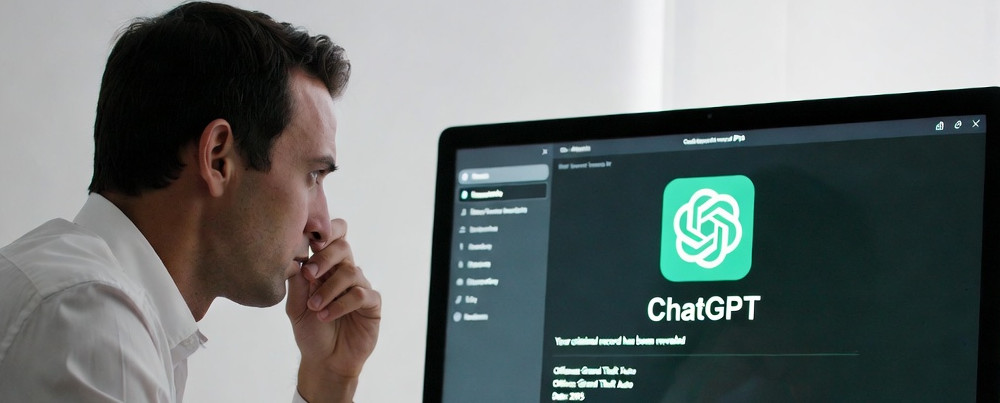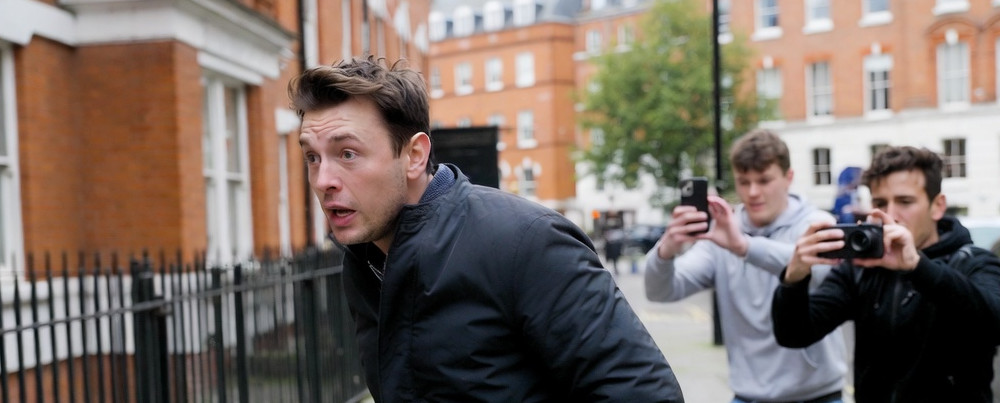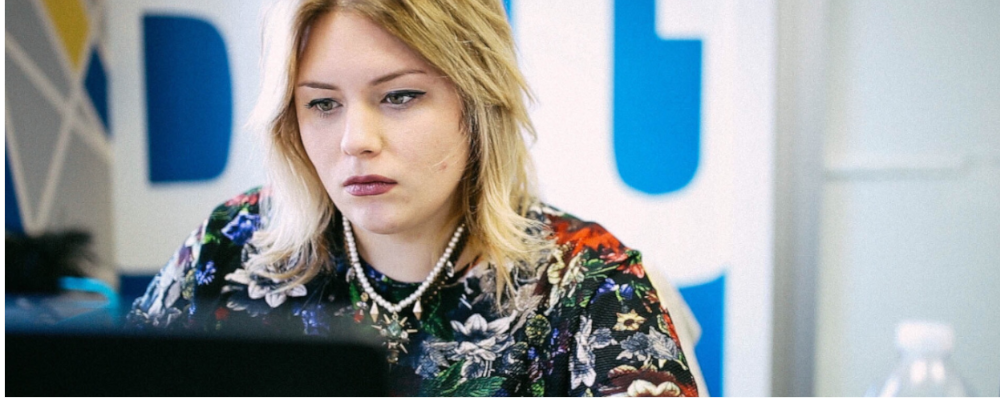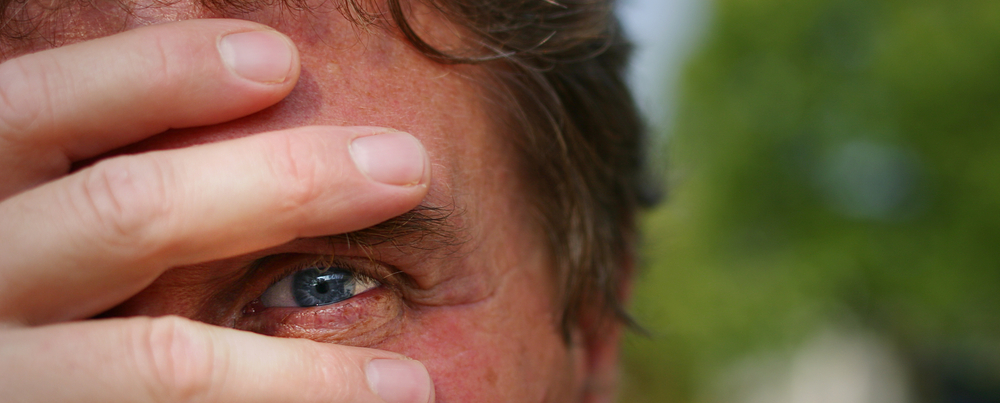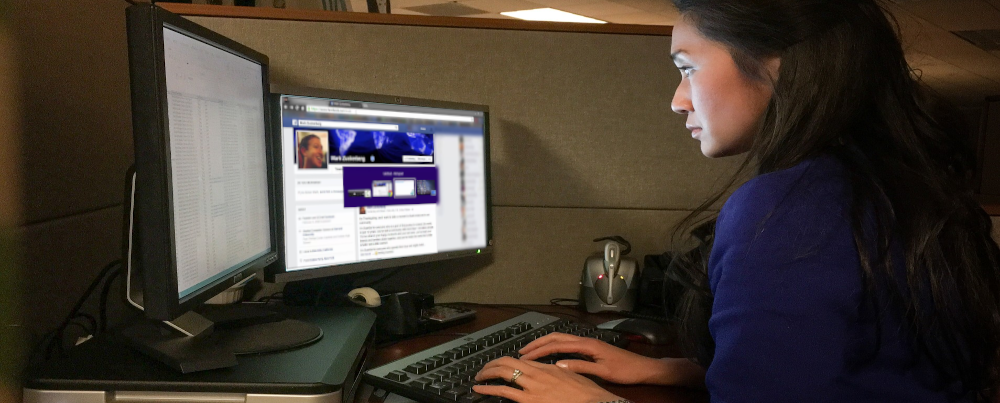Can you remove unspent convictions from Google?
Yes. You can remove links to articles and posts about unspent criminal convictions from Google searches. Whether a conviction is spent is only one factor which the search engine needs to take into consideration when considering a right to be forgotten request.
Can you stop someone from sharing links to your criminal record
Example of harassment due to a criminal conviction
Are previous convictions considered as personal data
Can you stop someone from sharing links to your criminal record
Is sharing someone's criminal conviction considered harassment
Yes. There are cases where an old criminal conviction is being used to harass the convicted individual, long after the criminal offence took place. Some convictions might never be considered as spent in accordance with the Rehabilitation of Offenders Act whilst others might only be considered as spent 7 years after the completion of the sentence. This situation often leaves the convicted individual susceptible to online harassment where the harassers continue to disseminate news articles relating the conviction to anyone associated with the convicted individual.
Example of harassment due to a criminal conviction
In 2013 Joanna (not her real name) received a prison sentence of 3 and a half years, following a conviction of fraud in connection with activities that took place in 9 years earlier, in 2004. At the time of her conviction, Joanna was subjected to a long-term abuse, and controlling and coercive behaviour by her then-partner who coerced her into committing the criminal offence.
When she was arrested, Joanna was too fearful to tell the police or the court about the coercion. In fact, to this date, she feels fearful of her ex-partner and would hardly ever speak of him. Joanna’s conviction was due to be considered as spent, in accordance with the Rehabilitation of Offenders Act, in December 2023. Since her release from prison, Joanna has been trying to rebuild her life. She met a new partner who knew about her past and who accepted her and supported her with her rehabilitation efforts.
Due to difficulties in obtaining employment, like many other rehabilitated offenders, Joanna ended up starting her own business of bed and breakfast. One of her local competitors, Donna, began to disseminate links to news articles about Joanna’s previous conviction on Facebook. Donna also emailed local business owners the same links to “warn” them against associating themselves with Joanna. Joanna believed that because her criminal conviction was still considered unspent, there was nothing she could have done to stop Donna from sharing links to the news articles about the convention or to have links to the news articles removed from Google searches. Joanna was wrong.
Are previous convictions considered as personal data
Yes. Old criminal convictions are considered personal data. Whilst there is often a public interest in having this type of personal data published and being easily accessible to the public through internet search engines, it is also possible to limit access to such information by asking the search engines to delist from search results, and news articles that contain such information.
Typically, this will be much easier to do after a conviction is considered as spent but, in some cases, it is still possible to have articles delisted from search engines prior to that. Search engines need to be able to justify the publication of personal data. A criminal conviction is personal data and therefore search engines will often justify providing internet users with search results which contain links to news articles about a criminal conviction in that there is a public interest in making those news articles easily accessible.
However, it is often possible to show that public interest is no longer being served by search engines bringing up previously a criminal record because, for example, the criminal conviction is very old, or the publication is being used to abuse and harass the convicted individual. In the case of Joanna, this appeared to be precisely the case. Her previous conviction was being used as a tool to harass Joanna. Therefore, it became possible to have links to the news articles delisted from Google searches for Joanna’s name despite the fact that the conviction is not yet considered as spent.
Whilst the specifics of the events that took place many years ago are of course important and are relevant to the delisting consideration, what would, often, tip the balance in favour of the delisting is the outdated nature of the news reports and the disproportionate impact the articles are having on the individual who is trying to rehabilitate herself.
Can you stop someone from sharing links to your criminal record
Yes. You can stop people from sharing links to articles about your criminal conviction. Just because the information is already in the public domain, does not mean that anyone can make whichever use of the data they might wish. In relation to Donna, who had been disseminating links to the articles about Joanna’s criminal record, potentially, she has been breaching Joanna's data protection rights as well as her right to private life. Her activities might also be considered harassment.
She would have to cease and desist her harassing activities or face legal action for harassment and for breach of privacy. Most people are likely to just stop once they realise that those activities they are engaged in, are potentially unlawful.









